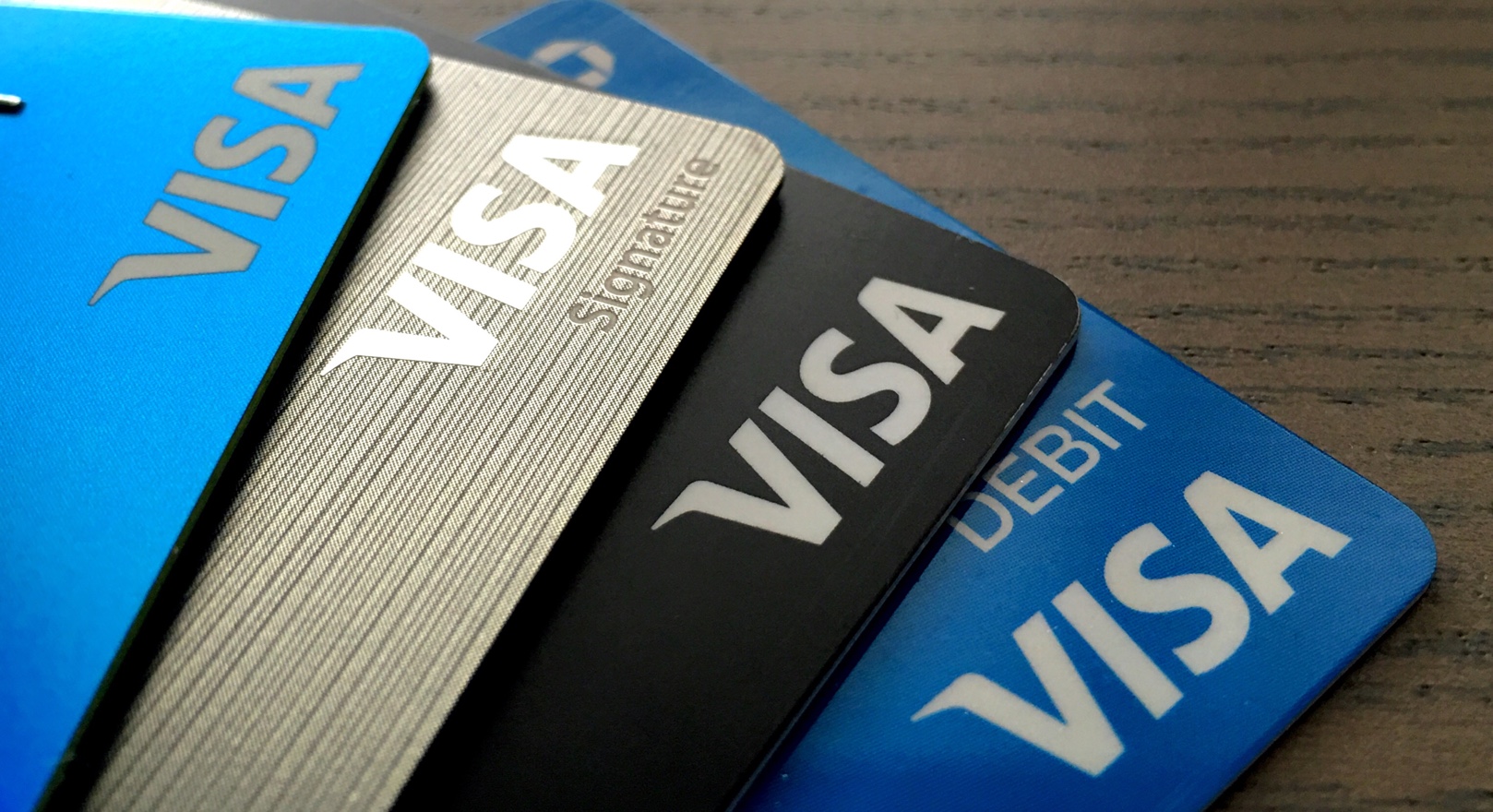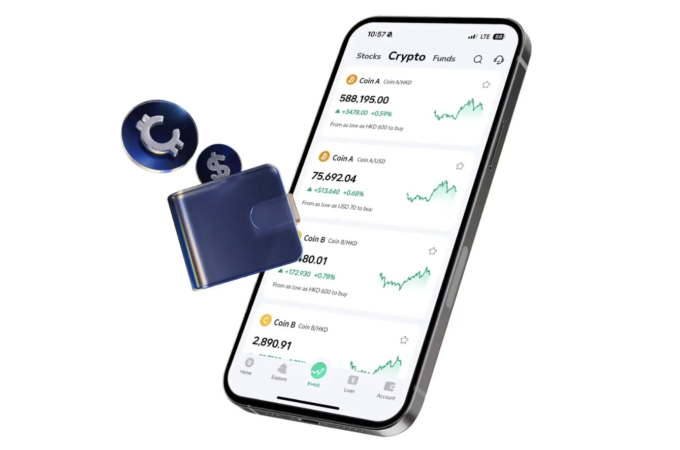
Visa’s Tokenized Deposits Pilot Unveils the Potential of CBDCs in High-Value B2B Transactions
Visa, a global leader in digital payments, has unveiled the results of its Central Bank Digital Currency (CBDC) pilot program, conducted in collaboration with HSBC and Hang Seng Bank as part of the Hong Kong Monetary Authority’s e-HKD Pilot Programme. The pilot focused on tokenized deposits, offering a glimpse into the future of financial technology.
The pilot program, which commenced in May 2023, explored two critical use cases for interbank business-to-business (B2B) payments, specifically tailored to the Hong Kong market: property payments and acquirer-merchant settlements. It aimed to assess the potential benefits of tokenized deposits in terms of payment speed, settlement risk control, network resilience, and transaction transparency.
One of the key takeaways from this pilot was the potential for tokenized deposits to revolutionize high-value, time-sensitive transactions, such as property payments. The use of tokenized deposits offers enhanced security and the potential to reduce settlement risks. It also demonstrated how this technology can transform B2B payment processes by providing increased transparency and quicker settlement for high-value transactions.
Visa’s involvement in this pilot program confirmed the significant benefits of deploying CBDCs, including faster settlements, smoother payment experiences for high-value transactions, improved transaction transparency, and the availability of a 24/7 online payment infrastructure. These findings pave the way for the future of digital payments.
Nischint Sanghavi, Head of Digital Currencies, Asia Pacific, Visa, emphasized that this pilot opened doors to the broader application of central bank digital currencies. It not only has relevance to the hypothetical digital Hong Kong dollar but also contributes to the evolution of the payments ecosystem.
As we move forward, tokenization presents numerous opportunities for the financial industry. Visa plans to focus on three key areas in the coming years. Firstly, tokenized asset markets and programmable finance, particularly in the capital markets, will play a significant role. Second, the expansion of retail solutions for tokenized deposits will empower banking partners to offer enhanced products and experiences. Lastly, digital cross-border payments will benefit from tokenization, offering faster, more cost-effective cross-border transactions.
Visa’s successful pilot highlights the potential of tokenized deposits to enhance existing banking processes and introduce greater efficiency and security to B2B transactions. As tokenization continues to evolve, we can expect it to shape the future of digital finance in remarkable ways.
This successful pilot demonstrates that CBDCs and tokenized deposits have the potential to reshape how banks and digital assets interact and function, making them a key player in the ever-evolving world of digital finance.





